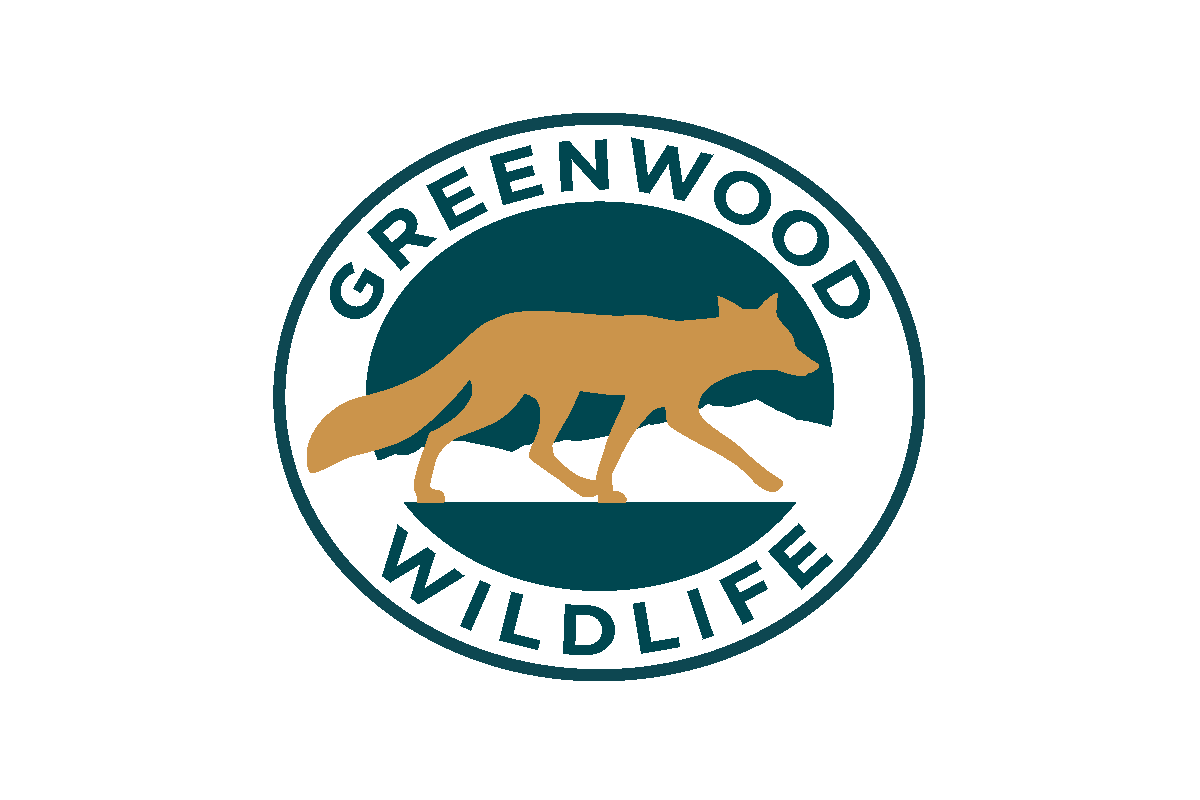In the last 50 years, 3 billion birds have disappeared from the planet. While many in the birding community have noticed declines at their backyard feeders, this compilation of data from the largest bird organizations shows just how alarming these losses are. A study was published based on years of citizen science and research. The message was very clear. One in every four birds is gone and there is something we can do about it.
The habitat that has the most significant loss is grasslands. Like the grasslands in Colorado. Denverites, bird lovers, wildlife seekers, and animal advocates that means we have a job to do!

What You Can Do
Put UV decals in your windows
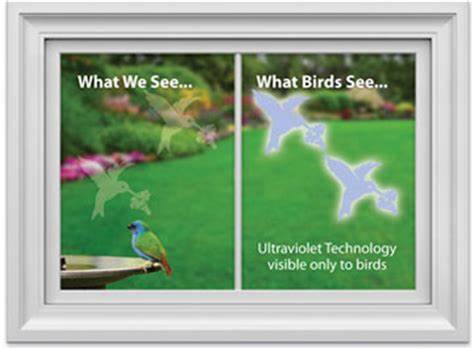
Birds look at a window and they don’t see your living room, they see the a reflection of the clouds and trees. This phenomena causes many window strikes that can injure and even kill birds. By putting UV decals on your windows, you can decrease these incidents. They are almost invisible to the human eye but they light up like bright caution signs for birds! There are also other tactics like closing your blinds, window paint dots, and window film to help. Click this website to find out where to buy (you can get the UV window stickers at Greenwood!) or make your own solutions
Keep your cat from killing birds
The most effective way to protect birds from your cat is to keep them indoors. Your cat will be safer and so will the birds!
If there is no way your cat will stay indoors , there is another option: a BirdsBeSafe ®. This collar is bright enough that birds will see your cat with enough time to fly away. Plus your cat will have the coolest look in town. Buy your own here.
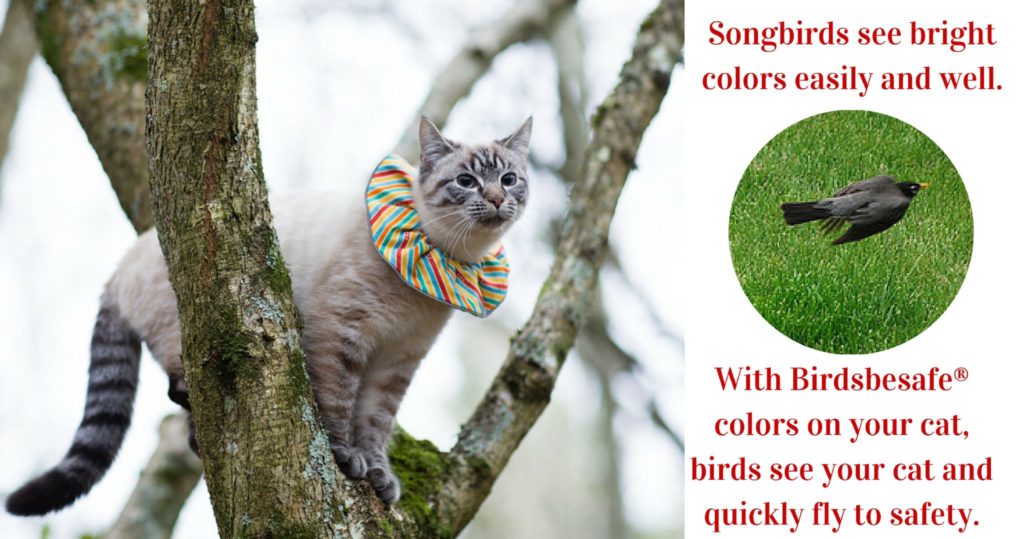
Buy bird friendly coffee

A new certification called “Bird Friendly Coffee” makes it easy to find coffee that was grown with bird habitat in mind. That means these special coffee farms have canopy cover that looks more like a forest than a farm. There is a range of trees that allow for a diversity of birds to thrive. Bird friendly also means the coffee grower doesn’t use pesticides that diminish the natural food supply of birds: bugs. You can buy many “Bird Friendly” certified brands online here. Or even pick up a bag of Allegro Bird Friendly Certified beans at Whole Foods . Look for the label from the Smithsonian pictured above. “Bird Friendly Coffee” only makes up 1% of the coffee market. We know sometimes you just have to have your caffeine fix, so when you are in a bind but still want to shop responsibly, look for “Certified Shade Grown” coffees that also provide habitat for the birds we admire so much.
Plant natives in your yard
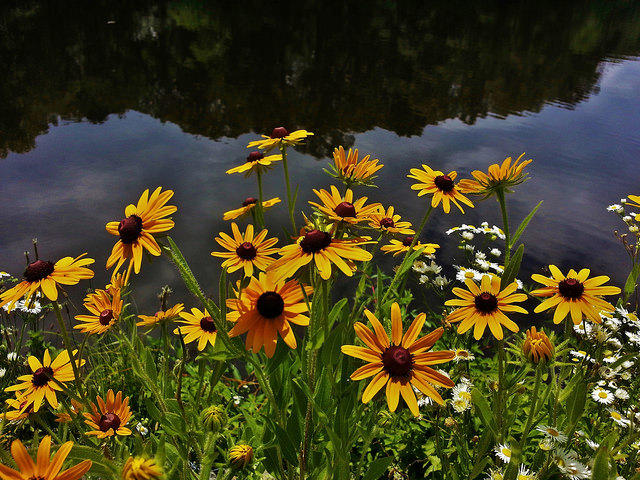
When you reduce your lawn and plant native vegetation, you create homes and food sources for birds. Many are easy to plant and don’t need to be re-planted every year. The Black-eyed Susan (pictured above) will attract Orioles, Warblers, Waxwings, and Mockingbirds. Plus, it’s a great plant to add color to your yard! To find native, bird attracting plants for your yard, click here. Simply type in your zipcode and you can pick and buy plants specific to your region!
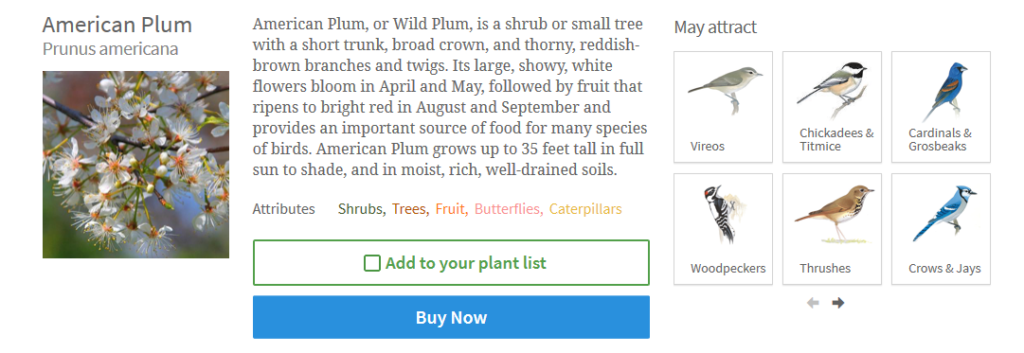
Participate in citizen science!
Join a project in your area, like the annual Christmas count with the Audubon. This year, Boulder and Longmont are hosting counts on the 14th and 15th of December, respectively. Join a bird count group here. You can also use apps like eBird to record your bird sightings. The data from these projects aids scientists in tracking the health of birds, which is essential to helping them.
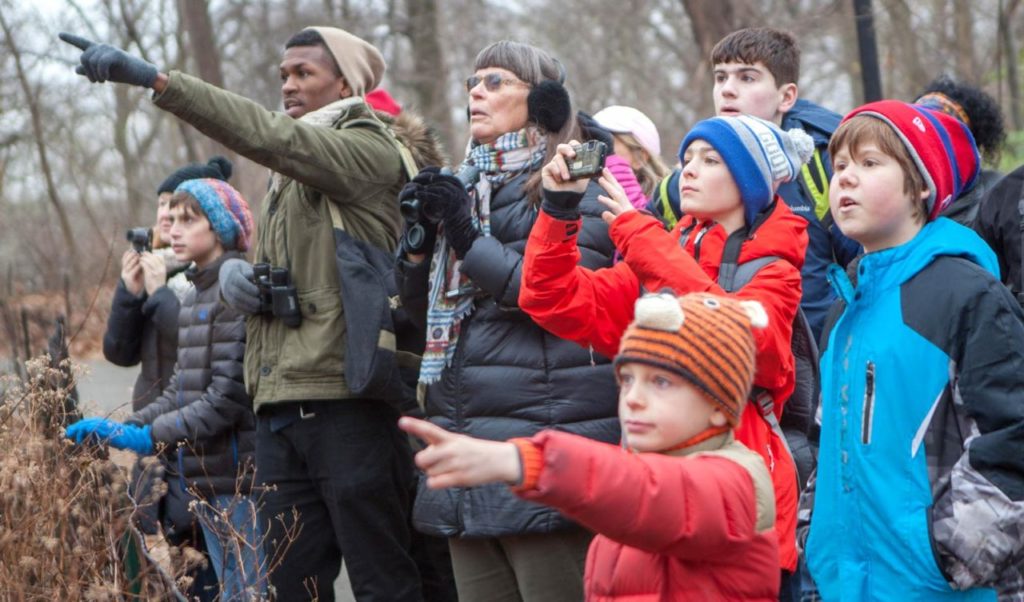
Use less plastic
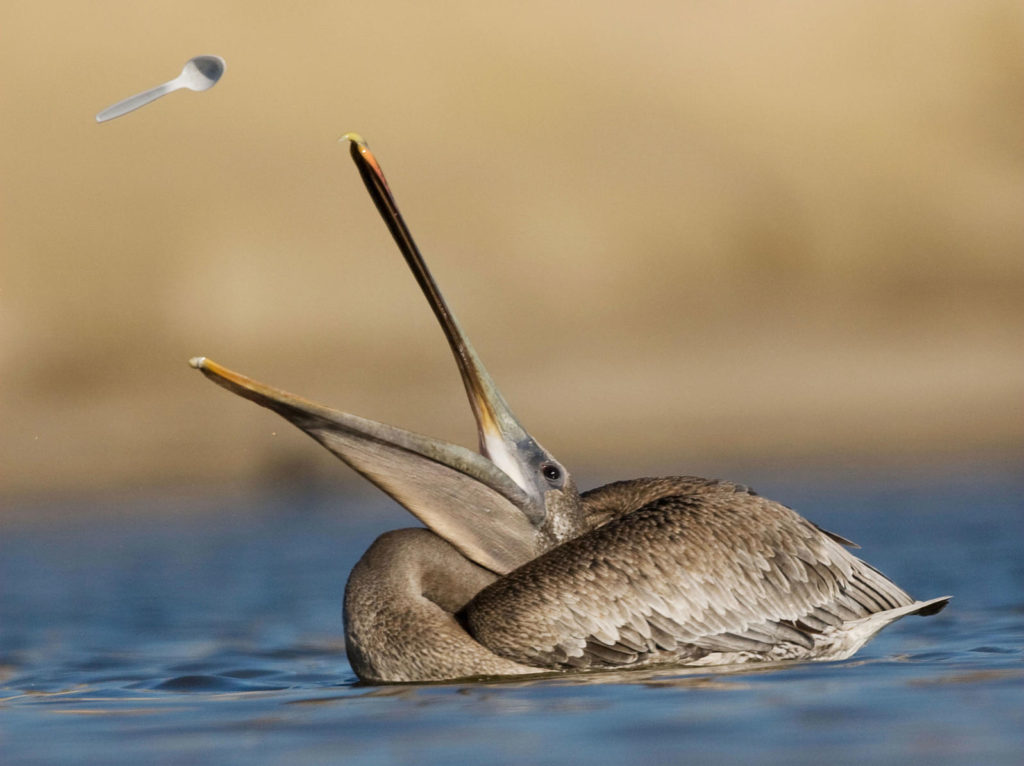
Plastic ends up in the tummies of birds and in some cases can cause their death. By using reusable bags (like the Greenwood insulated reusable bag) and other reusable items, you can help keep curbsides and oceans clear of harmful plastics. Click here to read more about ways to reduce the plastic you use.
Avoid using pesticides
Using pesticides on and around your lawn can be detrimental to birds and the insects they eat. Neonicotinoid (“neonic”) pesticides can kill a bird with just a single coated seed. Instead, reduce your lawn or hand pull weeds. Better yet, choose more produce from the “clean 15” list or organic products.
